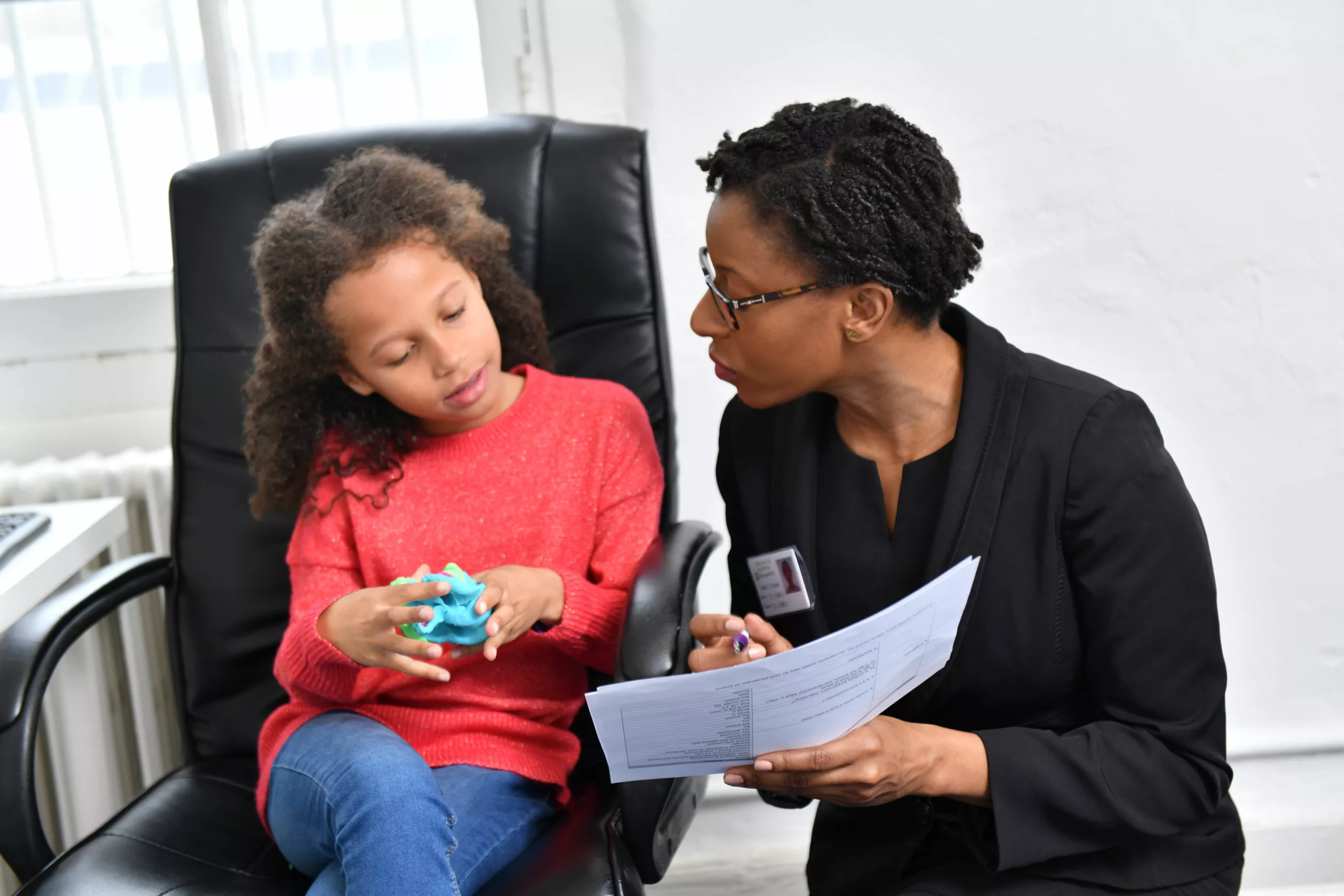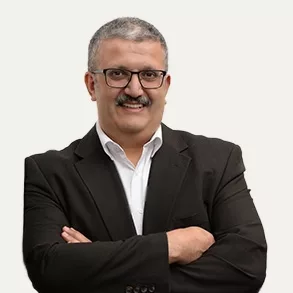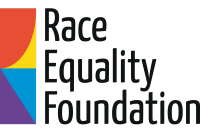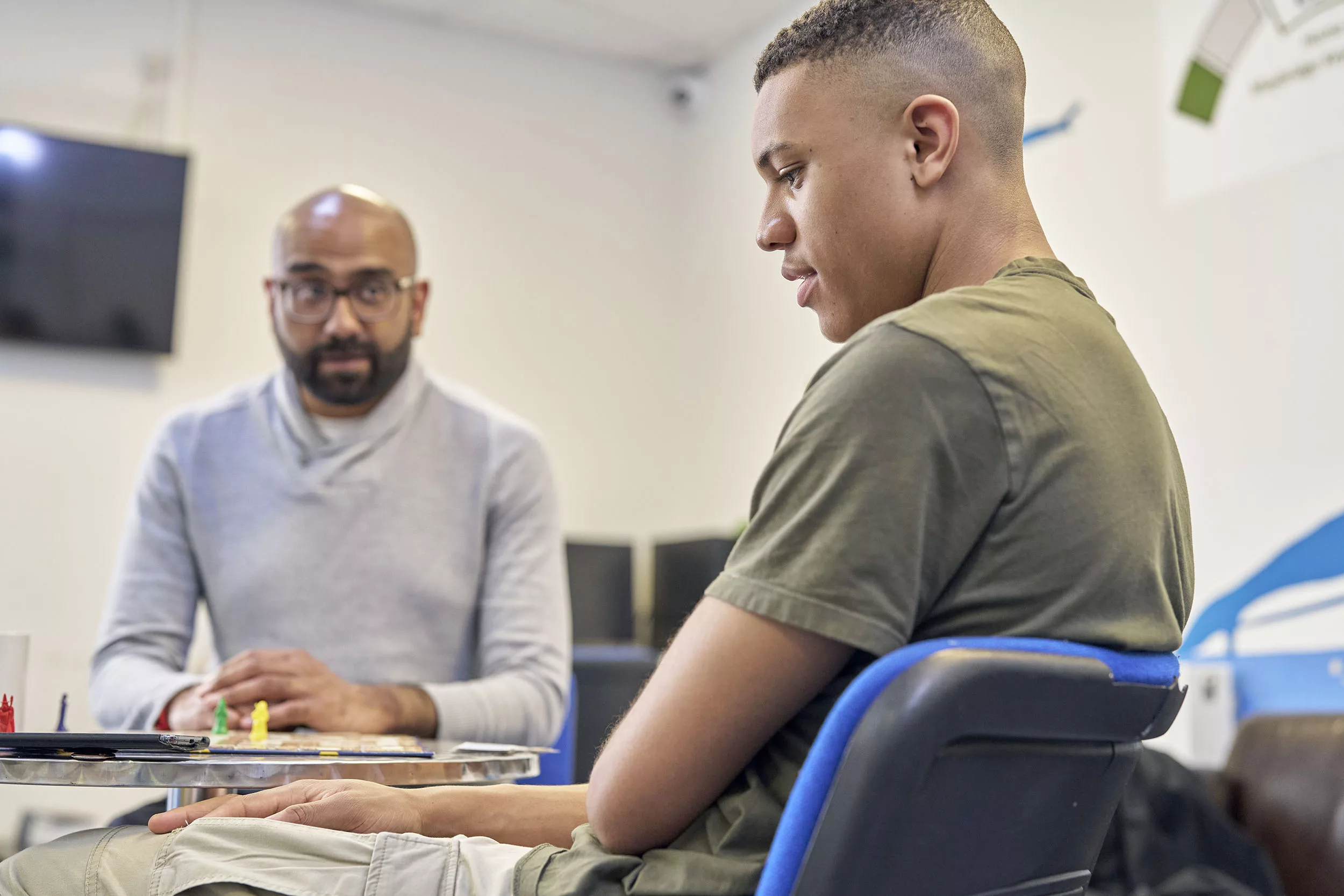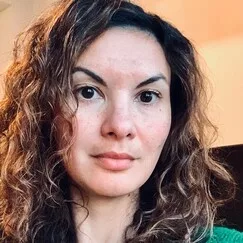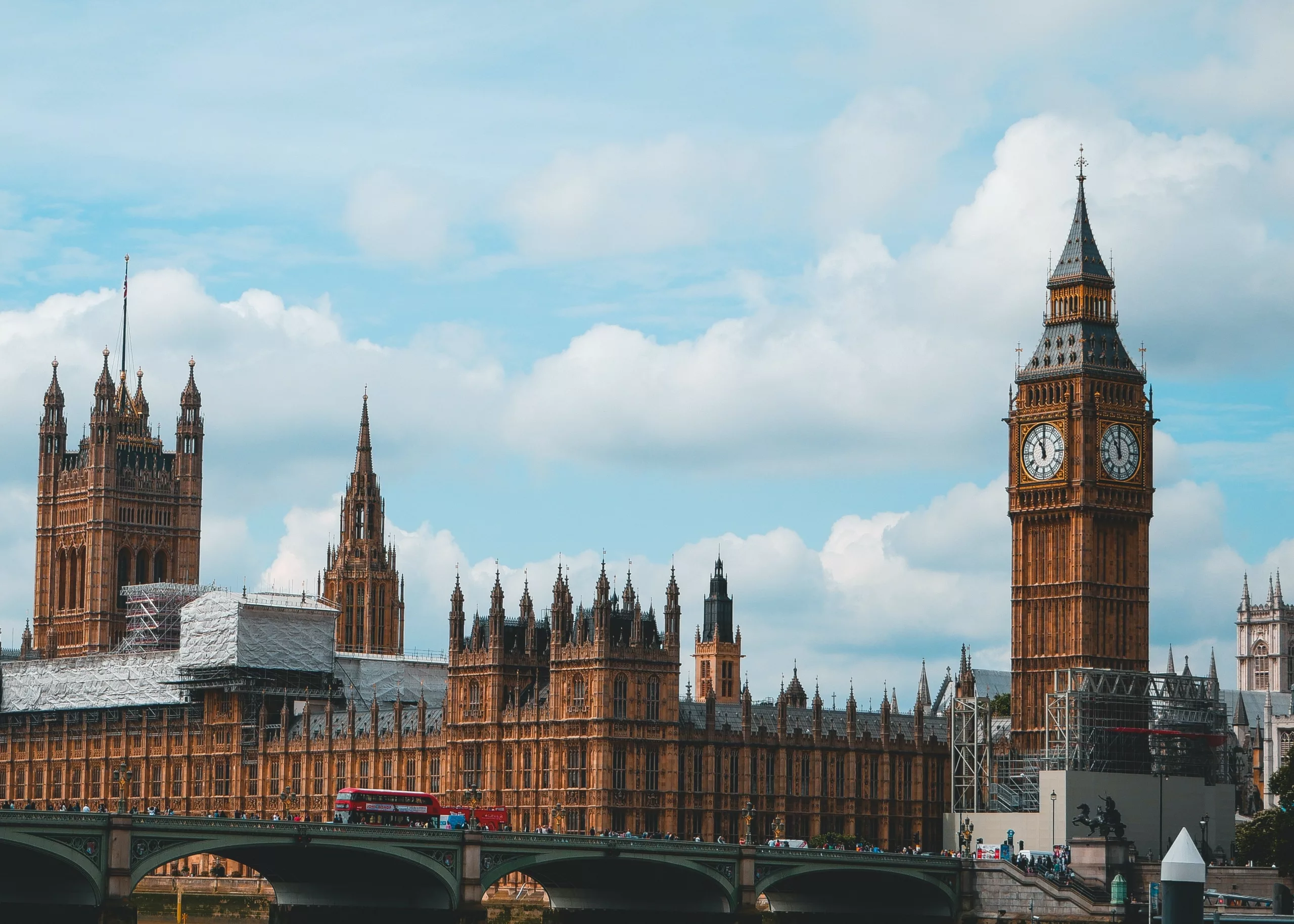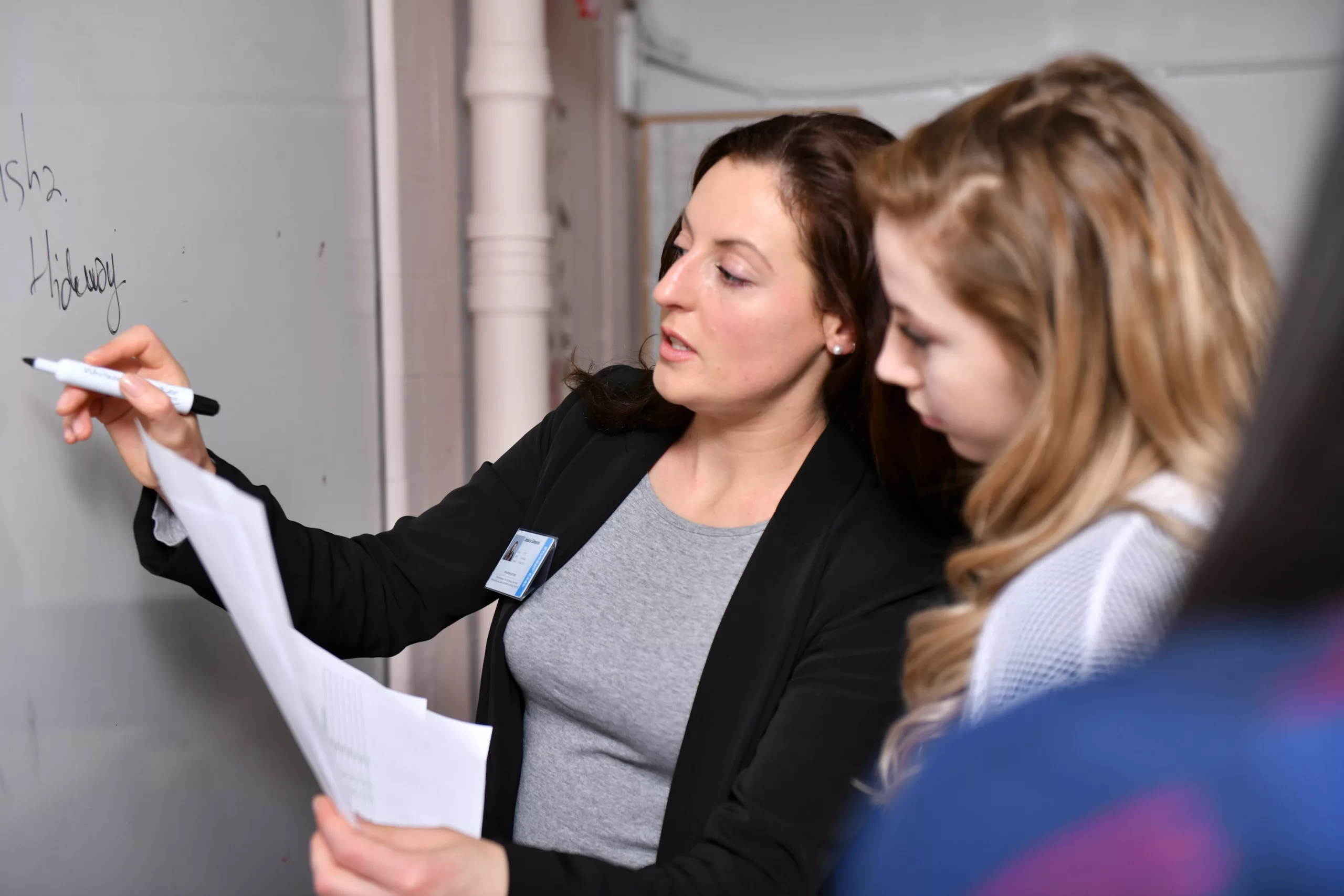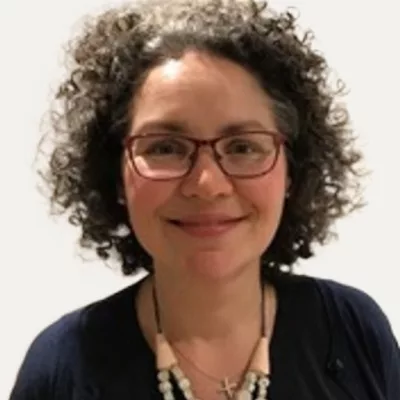The CEO of the Race Equality Foundation, Jabeer Butt, reflects on our latest report ‘Improving responses to the sexual abuse of Black, Asian and minority ethnic children’ with this impassioned guest blog.
The Race Equality Foundation is a national charity that promotes racial equality in the provision of public services across health, housing and social care. We’ve been concerned for some time about the experiences of child sexual abuse for children from Black, Asian and minority ethnic backgrounds. For us the focus of these concerns was around the potential lack of support given to these children, and the challenges we have in ensuring families are able to better protect and support these children. The opportunity to work with the CSA Centre presented an overdue chance to explore the issue and share policy and practice findings.
The CSA Centre commissioned us to explore the needs of children from Black, Asian and minority ethnic backgrounds who have experienced child sexual abuse, and current practice to support them and ensure their well-being is safeguarded. For the research we carried out a series of 16 interviews with professionals who had experience with Black, Asian and minority ethnic children. When the interviews were complete and I read the transcripts, I was shocked. Back in 2000 I carried out a review for (what was then) the Social Services Inspectorate, and now more than 20 years later the same patterns were presenting. Two decades on, based on the findings of this and other recently published work we really have made very little progress.
The same barriers are preventing children and families from getting the protection and support they need. When abuse is in the family it is often not seen – and when it is, families are too often unable to get the support they need. Professional responses to children seeking support continue to draw on stereotypes that minimise the abuse or lead to disbelief. Unfortunately, for me, this study shows that actually too little has changed, and what is, isn’t happening fast enough.
In order to move forwards and improve our ability to protect children from all backgrounds, policymakers, service commissioners and team managers need to forget the assumption that some communities are closed off or hard to engage. Instead, we must recognise that the process of building trust requires skill, effort and repetition. This report is evidence that there are workers who are capable of doing that and who do build relationships where they are trusted: by children and young people, and sometimes by their families and the wider community networks too. It’s important to acknowledge that there is good practice out there, but it does tend to be dependent on the individuals leading the work rather than the system they are working in.
The workforce hasn’t become as diverse as I expected; the improvements in practice we had hoped for in relation to working with children and families from different backgrounds haven’t materialised, and the funding to drive this work hasn’t been committed. Put simply, children aren’t being better protected. Not only that, but too many agencies appear to have lost interest in understanding and addressing differences too.
What’s really worrying is that, despite the slight increase in awareness of the barriers that Black and Asian young men and boys face, in reality there appears to be very little work going on to support them. In part this is because their experiences of abuse are regularly overlooked, since the focus is on their ‘problematic’ behaviour (e.g. crime and gang involvement) rather than asking what has brought about this situation and what might be going on for this child. Professionals and society become blind to the young person’s experience because all we can see is their problematic behaviour which fits a familiar stereotype. When this happens, the child’s needs are not met; they are not protected or supported.
Unfortunately we know child sexual abuse is still prevalent in all communities. But it’s also true that, for far too long, children and families from Black, Asian and minority ethnic backgrounds have faced more challenges in identifying and responding to sexual abuse and getting the support they need. We need to raise awareness of the existence and persistence of child sexual abuse: this is something that impacts all communities, regardless of ethnic background. No communities are immune. Once we acknowledge and engage with the problem, will we commit to providing support?
To secure improvements we need everyone working with children and families to do better. I want to stress this; we can’t keep relying on ‘some good workers being out there.’ Professionals must be given the training and support they need to work confidently. Whether that’s counsellors, therapists, social workers, whoever it may be, everybody working with children needs to be enabled to develop those skills of engagement and support and encouraged to put them into practice.
Finally, perhaps the real challenge here is that without the resources to invest time, energy and effort into making this change we are not going to make much of a difference. I fear the challenges children’s services face at the moment, with ever-growing demand, mean that resources to address this issue properly and effectively are not prioritised.
This report is about highlighting an area that sadly we’ve paid far too little attention to as a society. By shining a light on it, we’re hoping all children will be better protected. I, for one, don’t want to look back in another twenty or thirty years and see no change. Services need to create an environment where all children are better protected. Some of the good practice identified in our report for the CSA Centre points the way to a better response in future; the challenge is to bring this work into the mainstream, building systems and services that support rather than hinder the efforts of individual workers to ensure that children and young people who have experienced sexual abuse, regardless of their ethnicity, receive the necessary support to address it and live healthy, fulfilled lives.
Read the REF report (PDF, 2MB)
We’d like to hear from you. If you have any personal or professional reflections on this report, or blog, please do send us a message.

